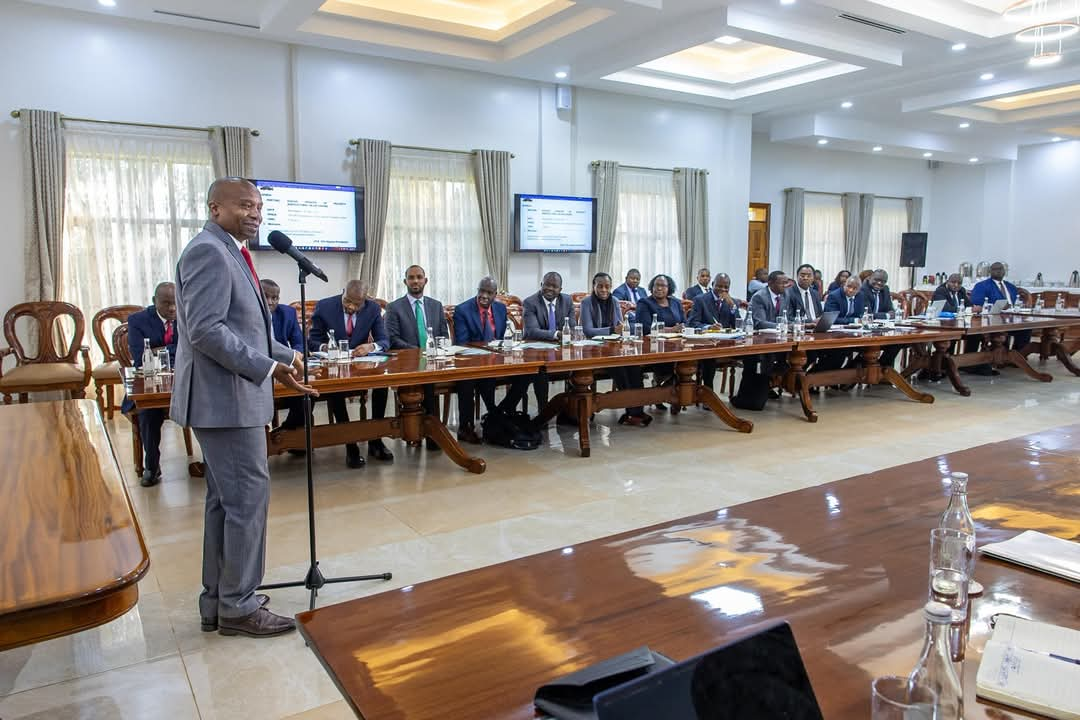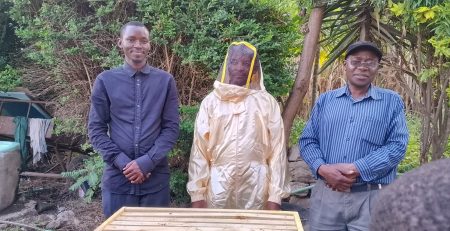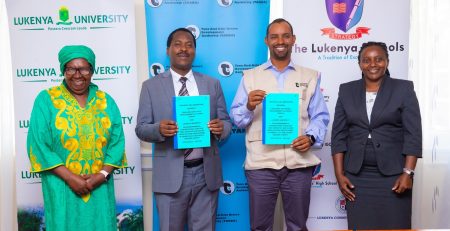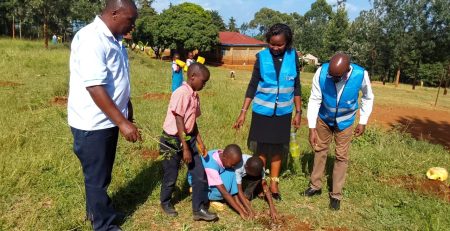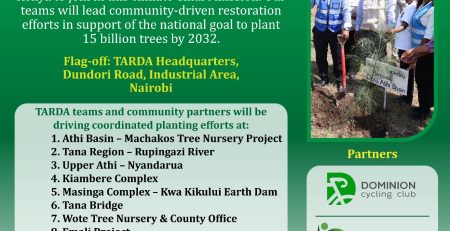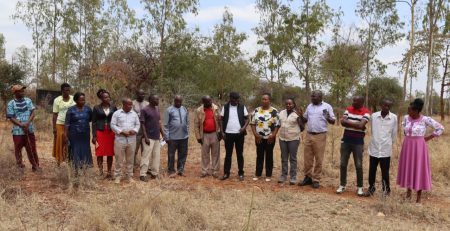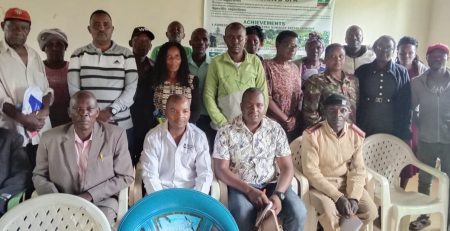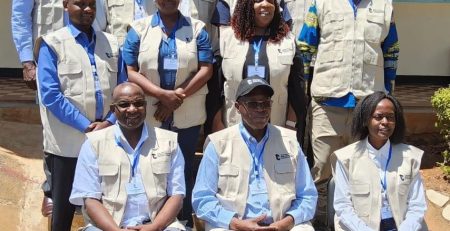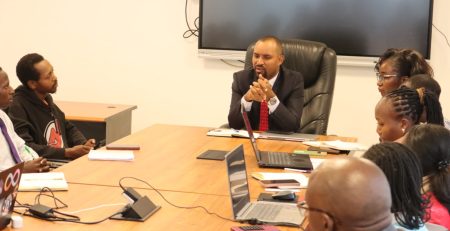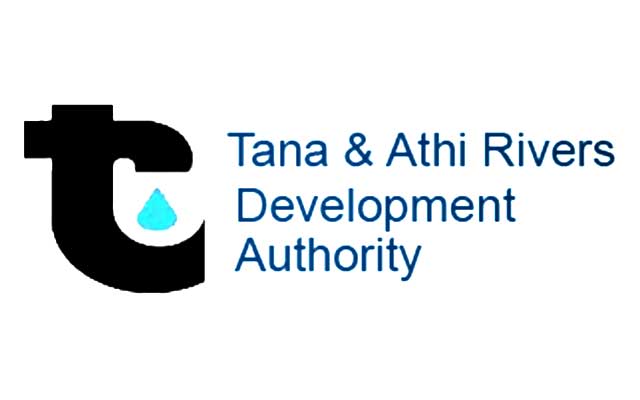STRENGTHENING KENYA’S RICE VALUE CHAIN: PROGRESS UNDER THE BETA AGENDA.
Tana and Athi Rivers Development Authority was privileged to be represented by our Managing Director Mr. Liban Roba at a mid-term review meeting chaired by H.E. Deputy President Kindiki Kithure that was convened to assess progress on the transformation of key value chains in agriculture- tea, coffee, rice, sugar, dairy, horticulture, nuts, cotton and edible oils, for food security and economic empowerment under the Bottom-Up Economic Transformation Agenda (BETA).
Rice production is a vital pillar under the BETA “Reduce Imports” agenda, and Kenya’s per capita rice consumption has more than doubled in the past decade, rising from 12kg in 2016 to 28kg in 2022, with demand continuing to grow. Yet local production currently meets less than 20% of total consumption while the rest is met through imports.
To reverse this trend, the Government targets an expansion of rice acreage from the current 77,000 acres to over 806,000 acres by 2027 — through a mix of irrigation, upland, and lowland systems.
At TARDA, we are contributing to this national effort through the revitalization and commercialization of the Tana Delta Irrigation Project (TDIP). 500 acres under rice yielded 1,375 tons in the most recent season (Dec 2024 – Mar 2025), and expansion to 1,225 acres is underway. The TDIP Rice Program aligns with Vision 2030, MTP IV, the BETA Agenda, and the National Rice Development Strategy II (2019–2030) — all of which recognize rice as a strategic food crop. It is also our contribution to #SDG2 (Zero Hunger), #SDG8 (Decent Work), and #SDG9 (Industry & Infrastructure).
Our forward plan is ambitious — leveraging Public Private Partnerships (PPPs) to develop 17,300 acres under commercial rice cultivation, expected to produce over 71,000 metric tones of milled rice annually. This will directly support food security, create over 15,000 jobs and improve livelihoods across 17 rural villages in the Lower Tana.
As TARDA, we remain committed to working with national and county governments, the private sector, and development partners to unlock Kenya’s rice potential and reduce our reliance on imports.

